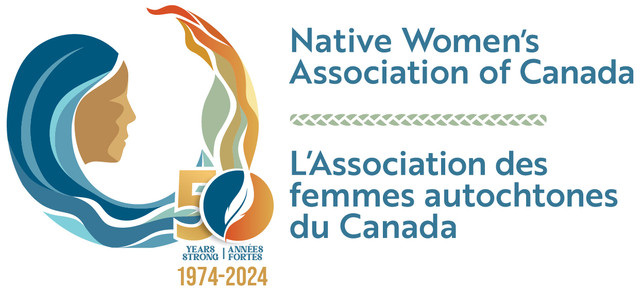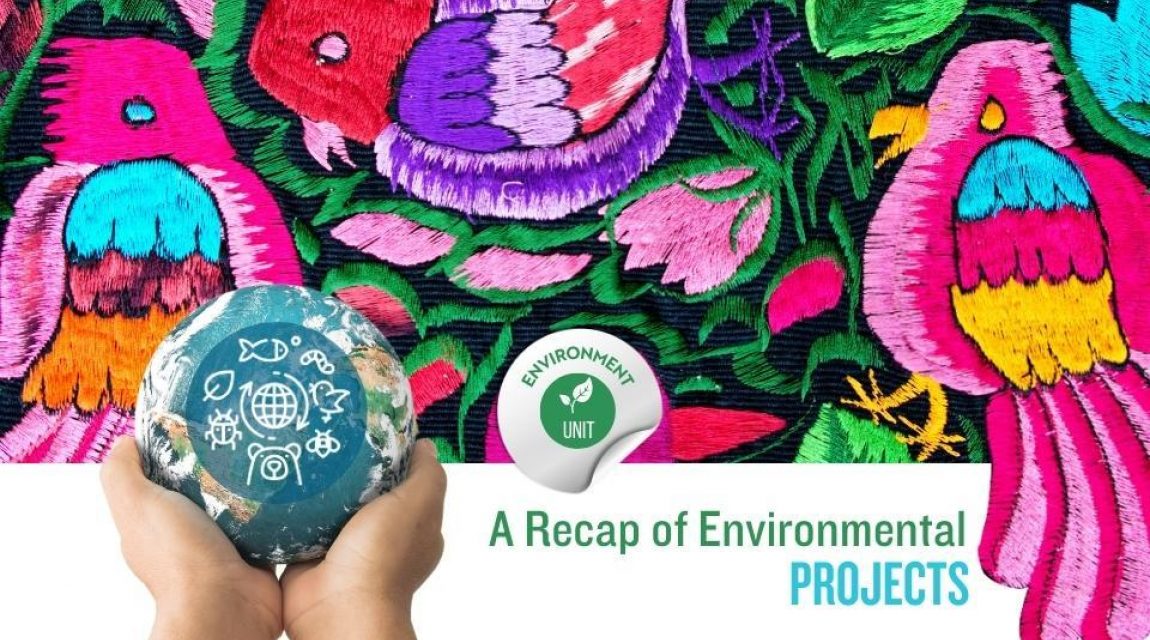Engaging in Conservation
As part of the Supporting Capacity of National Indigenous Representatives to Engage in Conservation project, NWAC participates, develops, and implements policies and programs related to conservation, wildlife, and biodiversity—and to help Indigenous people engage in conservation.
NWAC has received an extension of funding for this project until 2026. This year, the Environment Unit will engage Indigenous women, girls, Two-Spirit, transgender, and gender-diverse people in a technical roundtable on the Kunming-Montreal Global Biodiversity Framework. The roundtable took place on June 29, 2023. NWAC also plans to host a side event at COP 16 in Türkiye (formally Turkey).
Inclusive Resilience: Reducing Disaster Risks
This Red Cross project is in its final year. We will be holding a virtual Elder and Knowledge Holder-led engagement session involving three communities to identify barriers to information access regarding disasters and disaster preparedness and to make recommendations to address these barriers. The engagement session, which is planned for August 11, 2023, will draw on interviews and a survey that was conducted in three indigenous communities:
- Moose Cree First Nation (Ontario)
- Lake Babine First Nation (British Columbia)
- Bay St. George area (Newfoundland and Labrador)
Water Carriers
The Water Carriers project is intended to empower the voices of Indigenous women, girls, Two-Spirit, transgender, and gender-diverse (WG2STGD+) people in discourses around water governance, especially in their role as the rightful protectors of Indigenous rights to potable and navigable waters. As part of phase 2 of the Water Carriers project, NWAC has brought together Indigenous WG2STGD+ individuals and youth to discuss their role as water carriers, the challenges related to water insecurity, and the impacts of climate change on the waters in their communities.
The Environment team recently completed a survey, which attracted over 196 respondents. The survey:
- gathered information from and the experiences of Indigenous WG2STGD+ people on perceived risks regarding water in their communities
- identified the importance of a value-based approach to Indigenous water-policymaking
- evaluated current policies and strategies employed to engage Indigenous communities and WG2STGD+ people
- investigated the framework to an Indigenous-led water governance strategy
The team is working on a final report and developing its portal. The knowledge collected will be shared in March 2024.
Protecting Fish and Fish Habitats
The Fish and Fish Habitat Protection (FFHP) program received extended funding from Fisheries and Oceans Canada (DFO). This summer, NWAC will begin implementing the new phase of the FFHP program in line with areas identified by DFO under the fish and fish habitat protection provisions of the Fisheries Act of Canada and Species at Risk Act.
This phase will focus on three areas:
- offsetting and habitat banking policy
- interim and new codes of practice
- framework for conserving aquatic species at risk
Three roundtable sessions are planned for August and September 2023. We will also be holding 10 semi-structured interviews and one online survey.
Engaging Indigenous People in Climate Change Policy
The project focuses on adaptation, mitigation biodiversity conservation within the context of the Pan-Canadian Framework on Clean Growth and Climate Change, particularly measures to reduce emissions, adapt to the impacts of climate change, and build resilience.
National Survey: This year, we will be conducting a national survey on climate change impacts, adaptations, and mitigations on Indigenous WG2STGD+ people. The survey will focus largely on the Indigenous Climate Leadership Initiative, geared towards examining how the federal government can work with Indigenous communities better.
Newsletters: We have produced the first of 6 newsletters, with the first focusing on the impacts of wildfires on Indigenous WG2STGD+ people. Future issues will highlight key government decisions concerning the environment and best practices in communities.
Toolkits: Toolkits are being developed on climate change impacts, adaptations, mitigations, conservation efforts and best practices that Indigenous WG2STGD+ people can use.
From this engagement session, NWAC and Environment and Climate Change Canada will collect information to supplement that provided by our provincial and territorial member associations and through regional grassroots reports. This information will supplement existing gaps and provide input into federal and international climate change policy processes, to be consolidated by NWAC.

